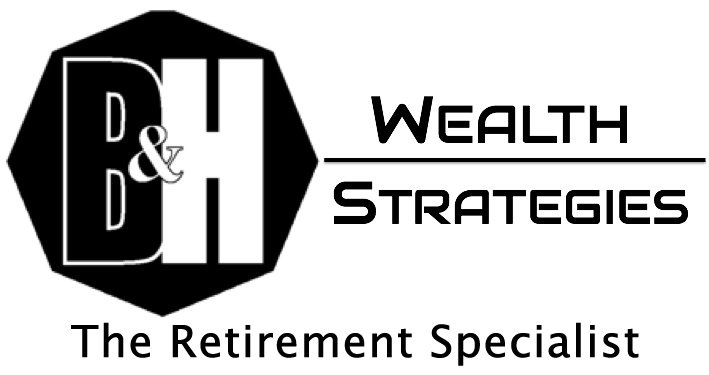 401(k)
401(k)
There are a number of challenges when it comes to retirement planning. One of the most prominent is figuring out which investment vehicles to use and which ones to avoid. As the Roth 401(k) has increased in popularity recently, more and more investors are wondering how it might fit into their overall retirement plan. Questions such as whether you should contributing to one, just stick with a traditional 401(k), and how investing in one may impact a Roth IRA can be broken down with these three considerations:
•Contribution limits
•Tax situation
•Fund usage
Contribution Limits
When it comes to contributions, the IRS views both the Traditional 401(k) and the Roth 401(k) as the same type of retirement savings vehicle. That means regardless of how you allocate your savings, in combination they can’t exceed the maximum allowable amount ($18,000 plus another $6,000 for those 50+). In other words, just because you have both plan options available doesn’t mean the total amount you can contribute automatically goes up.
Tax Situation
The rules on contribution limits make the decision to use a Roth 401(k) versus and traditional 401(k) much more about your tax situation. Most people are aware that contributions to a traditional 401(k) are pre-tax whereas Roth 401(k) contributions are taxed before deposited. Thus, pre-tax contributions reduce your annual income and can play an important role in saving you tax dollars, especially if you straddle a tax bracket.
A simple way to understand this is to think of an employee with a salary of $100,000 who is currently saving $10,000 a year in a traditional 401(k). Since the contributions are pre-tax, his income is reported as $90,000, which is just enough to keep him in the 25% marginal tax bracket instead of the higher and more expensive 28% bracket. Therefore, redirecting any part of his current contributions to a Roth 401(k) plan may cause an immediate tax increase, minimizing the benefit of using both plan types.
Fund Usage
How you plan to use withdrawals from each account also needs to be considered. Since you don’t pay taxes on the amount going into a traditional 401(k), you have to pay taxes when those funds come out. Furthermore, even if you don’t need the money, you are required to make withdrawals from the account starting at age 70 1/2.
On the other side of that equation, savings in a Roth 401(k) are withdrawn tax free since you already paid Uncle Sam on the way in. Additionally, Roth’s uniquely have no mandatory withdrawal time frame, which makes this option ideal for addressing two of retirement’s biggest concerns: health insurance and inflation.
For those who retire before they are eligible for Medicare, and who are concerned about health insurance costs before they get there, tax-free withdrawals from a Roth 401(k) can cover those expenses as well as minimize taxes on other withdrawals, allowing funds in a traditional IRA or 401(k) to continue to grow tax deferred.
For those who don’t plan on tapping their retirement resources early, Roth 401(k)s can also be a great way to beat inflation. With no age-based withdrawals, investors have an extended time frame before those assets need to be withdrawn. Therefore, it can be a great place to be more aggressive in terms of asset allocation. Think of it this way, if you’re age 55, and don’t think you’ll need the money until age 80, you’re investing with a 25-year horizon. That allows an investor time to weather market storms and let the long-term averages work in your favor and hopefully outpace inflation.
Overall, Roth 401(k)s can be a beneficial retirement savings vehicle. They offer many great features and benefits but do have some hidden land mines that could interfere with some of the features and benefits of its traditional 401(k) cousin.
Are you considering a Roth 401(k)? Need help analyzing your options and how saving in one may impact other retirement savings? Contact us today and put our knowledge and experience to work for you. There is no cost for an initial meeting where we can get to know more about you and discuss next steps to maximizing your retirement savings.
Are you feeling overwhelmed, confused or burdened by your various retirement savings accounts? Looking for someone to help you get things organized and on a track to help you achieve your financial goals? Contact us today and put our knowledge and experience to work for you. There is no cost for an initial meeting where we can get to know more about you and discuss next steps to taming your retirement savings hodgepodge.
Click here to schedule or meeting or call (423) 247-1152 to request more information.



